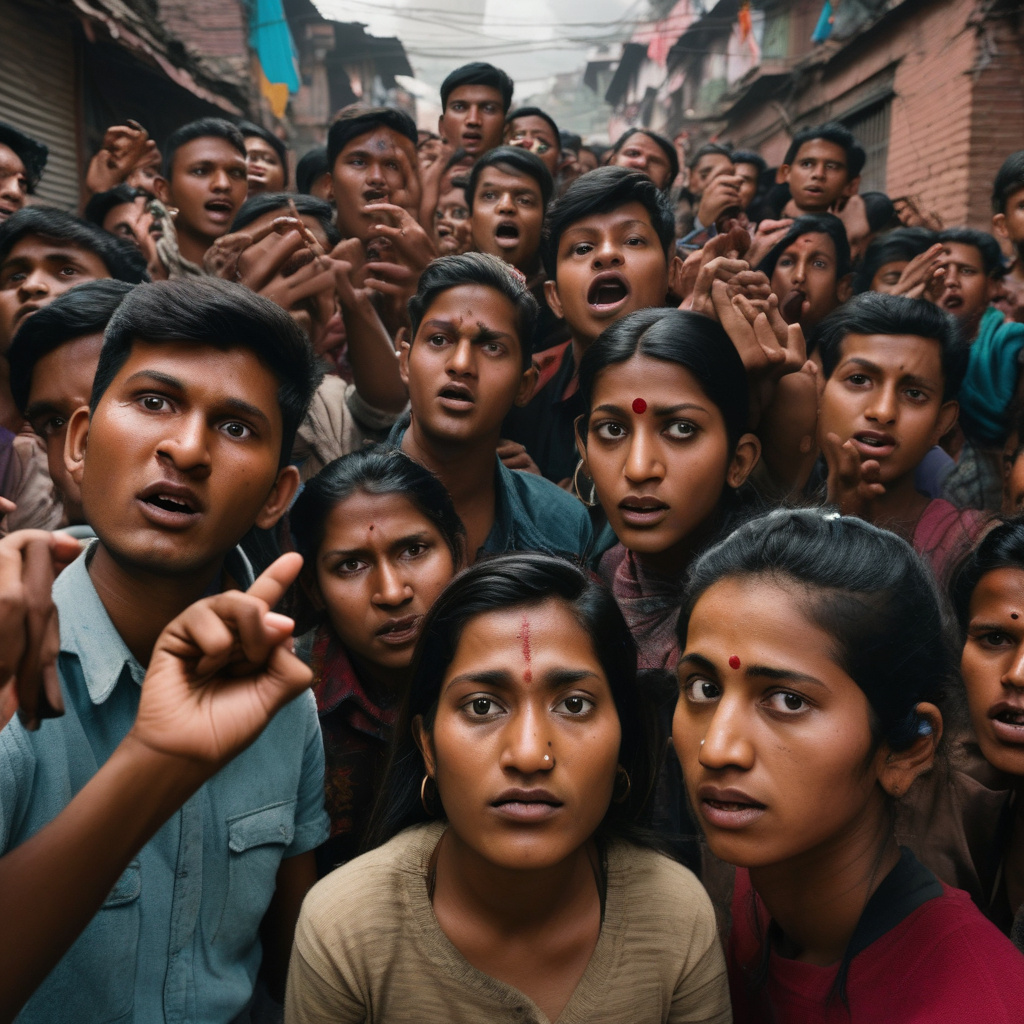Techno(demo)cracy in Action: How a Five-Day App Blackout Lit a Gen Z Online Movement in Nepal
Nepal has recently been at the forefront of a digital revolution, but not in the way one might expect. Over the past two weeks, the government of Nepal has been grappling with the decision to regulate the online space in the country. This move, in turn, triggered a significant response, largely led by the youth of the nation.
The turning point came on 4th September, when the government issued an order to block access to 26 social media platforms. This list included major players like Facebook, Instagram, YouTube, and WhatsApp, among others. The reason behind this drastic measure was the failure of these platforms to register locally under Nepal’s regulations.
This decision had far-reaching consequences, especially among the Gen Z population of Nepal. With their primary means of communication and social interaction taken away, the youth of the nation found themselves at a crossroads. However, instead of accepting the blackout passively, they rose up to the challenge, leveraging technology and their collective voice to make a statement.
Social media platforms have become the virtual town squares of the modern world, especially for the younger generation. They are not just places to connect and share memes but also crucial tools for organizing, activism, and expression. By blocking access to these platforms, the government inadvertently pushed the youth towards a new form of digital activism.
In response to the blackout, young Nepalese citizens turned to alternative platforms and tools to make their voices heard. From encrypted messaging apps to virtual private networks (VPNs), they found creative ways to circumvent the restrictions and continue their online activities. This shift towards digital resilience and adaptability showcases the power of technology in the hands of a determined generation.
The online movement that emerged from the blackout was not just about circumventing restrictions; it was also a statement of unity and defiance. Young people from diverse backgrounds came together to protest against what they saw as an infringement on their digital rights. The blackout became a rallying cry for a generation that refuses to be silenced or censored.
As the blackout stretched from days to a week, the momentum of the movement only grew stronger. What started as a reaction to a government order transformed into a larger conversation about freedom of speech, digital rights, and the role of technology in modern society. The youth of Nepal became the torchbearers of a new form of techno(demo)cracy, where digital tools are harnessed for social change and empowerment.
The events in Nepal serve as a powerful reminder of the evolving relationship between technology, governance, and citizen activism. In an age where the digital landscape is constantly shifting, governments worldwide are grappling with the challenge of regulating online spaces while upholding the rights of their citizens. The Nepalese experience offers valuable lessons on the power of digital literacy, community solidarity, and grassroots mobilization in the face of technological challenges.
As the blackout was eventually lifted after five days, the Gen Z online movement in Nepal left a lasting impact on the national discourse. It showcased the potential of young people to harness technology for social good and highlighted the importance of digital rights in the 21st century. The echoes of this movement are likely to reverberate far beyond Nepal’s borders, inspiring similar acts of digital defiance and solidarity in other parts of the world.
#Technodemocracy, #OnlineActivism, #DigitalRights, #YouthEmpowerment, #SocialChange












